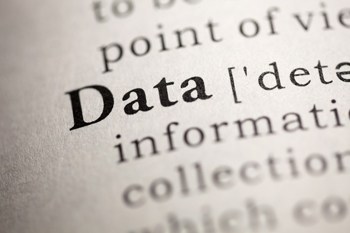 Science is no country for the storyteller? Nonsense.
Science is no country for the storyteller? Nonsense.
Should not scientists be, more than anyone, acutely aware that the data tells only a slice of the story? Would not anyone truly, passionately in search of an answer (an accurate one) be more likely to search for the whole story to tell the whole story? Even though largely at odds with one another, do the “hard” and “soft” sciences need each other?
Storytelling may very well be the oddball cousin of the two that bridges them more successfully than any other? If so, for good storytellers the future seems to be very bright, indeed.
While a nice spreadsheet or graph might be a quick read and enable us to draw fast conclusions, reassuring us with a false sense of control, only the whole story tells the whole story. Infographics sort of work better, at least tell us more but only if we possess the right kind of visual literacy. That is another post, though, so let us not be distracted. This post is about storytelling and the underestimated power of it. To hear a whole story? Well, it takes as long as it takes. Someone has to listen. To. The. Whole. Story.
Have we been warned enough already against such paraphrasing of knowledge? Lots of people, smart, accomplished people have tried to tell us, and we even throw those quotes around like cocktail party anecdotes. Is data alone ironic? Is it like measuring the weight of all the water coming into the boat while out on the ocean in a crisis? Who cares? Just start bailing.
It bears repeating: only the whole story tells the whole story. Storytelling is gaining real street cred, emerging as a hard science right in front of our eyes.